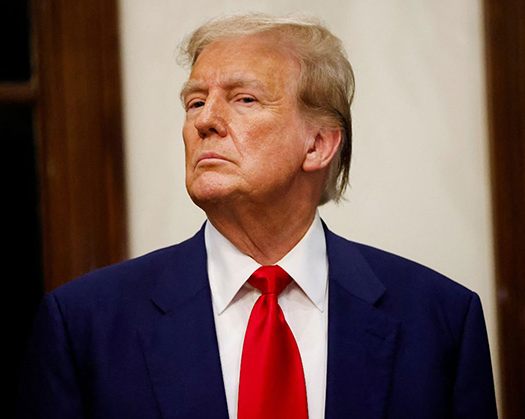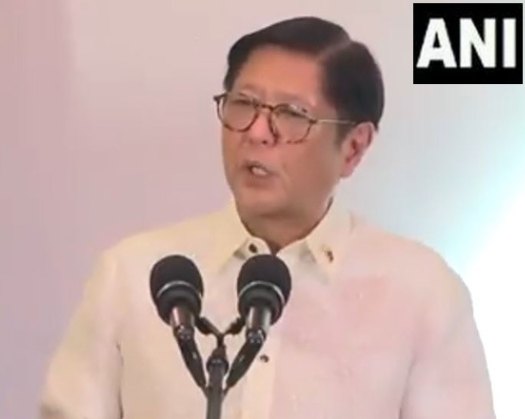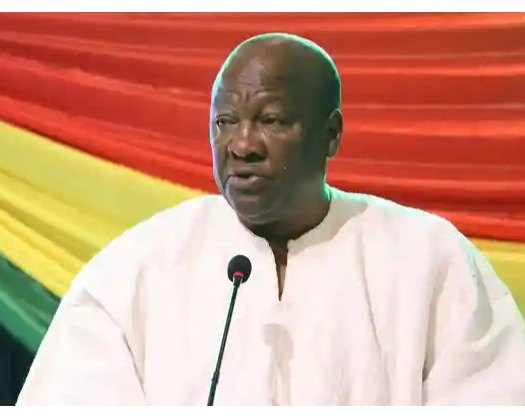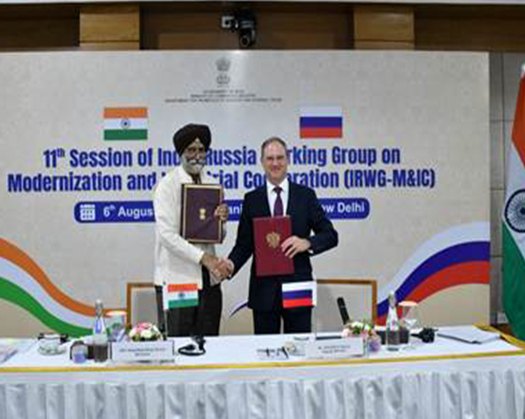Washington, DC: On Wednesday, US President Donald Trump advocated for a comprehensive legislative package, emphasizing to his Republican colleagues that its passage is crucial at this moment. He expressed confidence that America "will achieve unprecedented heights."
In a message shared on his social media platform, Truth Social, Trump remarked, "Republicans, it is more important now than ever that we enact THE ONE, BIG, BEAUTIFUL BILL. The USA will soar like never before!"
In a subsequent post, he stressed the necessity for Republican representatives in the House to approve the tax cut legislation, declaring, "It is IMPERATIVE that Republicans in the House pass the Tax Cut Bill, NOW! Our Country Will Boom!"
Trump also referenced a statement from Jamie Dimon, CEO of JP Morgan Chase, regarding tariffs, stating, "Fixing Trade and Tariffs is a good thing!" as quoted by Dimon on the Maria B Show.
He encouraged the public to stay calm, assuring them that the US will emerge "bigger and better than ever before." In another post, he wrote, "BE COOL! Everything is going to work out well. The USA will be bigger and better than ever before!"
Earlier on Tuesday, Trump called on House Republicans who opposed the Senate-approved budget resolution to reconsider their stance, urging them to "close your eyes and get there," according to the New York Post.
During his address at the National Republican Congressional Committee's annual dinner, Trump cautioned that failing to pass the "one big, beautiful bill" crucial for advancing his economic agenda would spell "disaster" for both Republicans and the United States. He urged GOP members who are hesitant to support the bill, stating, "They have to get there."
"I believe we are close. We had a productive meeting today. I think we are on the right track," Trump remarked. He added, "But just in case a few Republicans are still not on board - you need to close your eyes and get there!"
Trump emphasized, "This is an outstanding bill. Stop the grandstanding."
According to the New York Post, citing The Hill, at least ten Republican representatives have expressed their refusal to support the budget framework, with several others criticizing the resolution.
Hard-line conservatives have raised concerns that the Senate's version of the bill proposes only $4 billion in spending cuts, while the House demands a minimum of $1.5 trillion in reductions. Some House Republicans have criticized the Senate for assuming that extending the tax cuts from Trump's first term will not contribute to the federal deficit.
At the same event, U.S. House Speaker Mike Johnson described the Senate bill as "one of the most significant pieces of legislation Congress has passed in decades - and perhaps in its entire history." The bill is deemed essential for swiftly enacting legislation tied to several commitments made by Trump during his presidential campaign, including the extension of the 2017 tax cuts and the elimination of taxes on tipped wages, as reported by the New York Post.
In his comments, Johnson noted that the new seven-seat Republican majority in the House allows for the possibility of losing three votes while still being able to pass legislation. He humorously remarked, "It's an embarrassment of riches," and added, "I tell you, this job is so easy."
Trump stated that the recently introduced tariff policy would create pressure on Republican lawmakers to support the bill. He mentioned that countries impacted by U.S. tariffs are eager to negotiate and are willing to make concessions to reach an agreement with him. While addressing the National Republican Congressional Committee, Trump claimed he is a more effective negotiator than Congress.
He remarked, "I'm telling you—these countries are reaching out to us, flattering me. They are desperate to strike a deal—'please, sir, let’s make a deal, I’ll do anything, I’ll do anything, sir.'" Trump's remarks were made in relation to his administration's tariff strategies, particularly concerning nations like China. He highlighted his capacity to secure better deals than Congress, using China's 104 percent tariffs as a reference point.










